“The story has to be adaptable and organic for the player to respond to”: An interview with accomplished comic book writer and novelist, Dan Abnett
Dan Abnett is one of the most accomplished British writers around, writing many acclaimed comics for 2000AD (Sinister Dexter, Brink, Rogue Trooper, Judge Dredd), Marvel (Guardians of the Galaxy, X-Men, The Punisher), and DC (Legion of Super Heroes, Aquaman), as well as being a multiple New York Times bestseller. He’s tried his hand at almost everything, and has done so extremely well, and now he’s a part of GameLoft’s popular Dungeon Hunter series. I had the pleasure of talking to Dan about Dungeon Hunter: Champions and its creative proces, his work on other gaming titles such as Alien: Isolation and the Shadow of Mordor series, as well as his important role in creating the widely successful Marvel comic reboot of Guardians of the Galaxy, and having it adapted into the feature film starring Chris Pratt, Zoe Saldana, and Bradley Cooper.
It always fascinates me where the creative process is born, so I asked Dan to give a little insight. “I was approached and invited, which was a lovely thing to happen. Obviously, I’m known for my work on comic books and my novels because that’s what I do. I’ve got a terrible confession, and that’s I’m not a gamer. I don’t play games because I think I’d like them too much and I’d never get any work done. Over the last 10 years or so, I’ve had various game companies come to me, which is always flattering, asking if I’d like to work on characters or dialogue, or story – whatever it is, and I’ve said “lovely, but I don’t know anything about games,” but they say “no, but you know about story.”
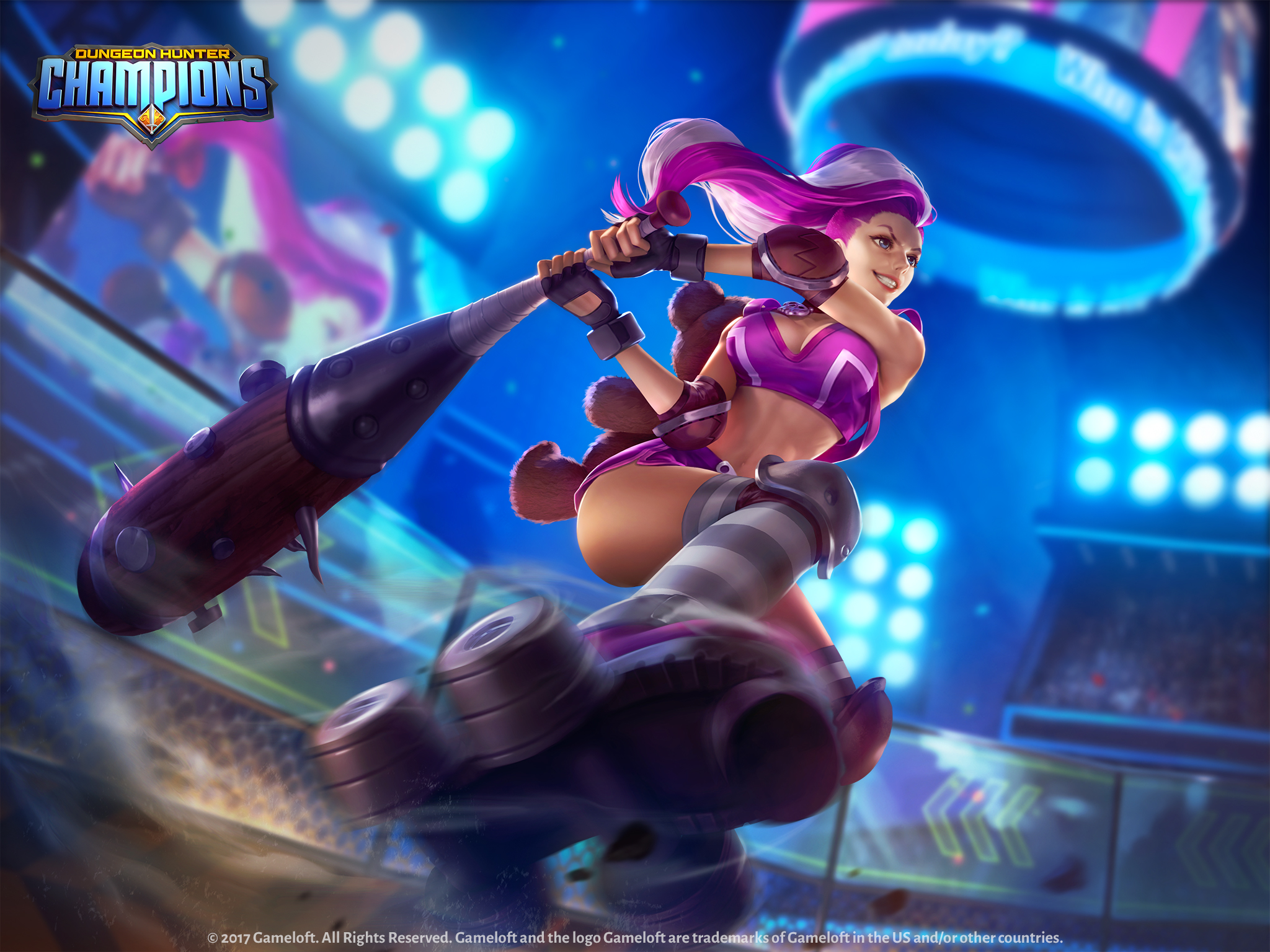
I’ve worked on some high profile games, like Alien: Isolation and the Shadow of Mordor games, and I’ve tried to bring my skill set to it, like storytelling and worldbuilding, and tried to use my complete lack of knowledge of the video game industry as an asset. I’m the lone voice of ignorance in the corner that says, “why are we doing it like that?” Sometimes they would explain to me in great deal why we are doing it like that, and sometimes it’s really useful getting that input from an unfamiliar outsider saying, “just because it’s always been done like that doesn’t mean it has to.”
Creating such a huge game like Dungeon Hunter: Champions must be heavily involving, and I wondered if Dan created the majority of the game, such as the characters and the world, as well as writing the story. “Yes, least of all the characters as some have appeared in previous incarnations of the games in the franchise. Many of the characters had been visualised – the game’s designers have done an amazing job creating these characters they thought would be interesting, and I was asked to give them names, attributes, and back stories, possibly explaining what powers they had. Sometimes that led to doing alterations to the character design. I also helped develop worldbuilding particularly to develop the world and to explain how it worked, and string it all together. Quite often, they will bring a story person in very late in the day and say, “can you create a story that makes sense of all this?” and you think, “really?”
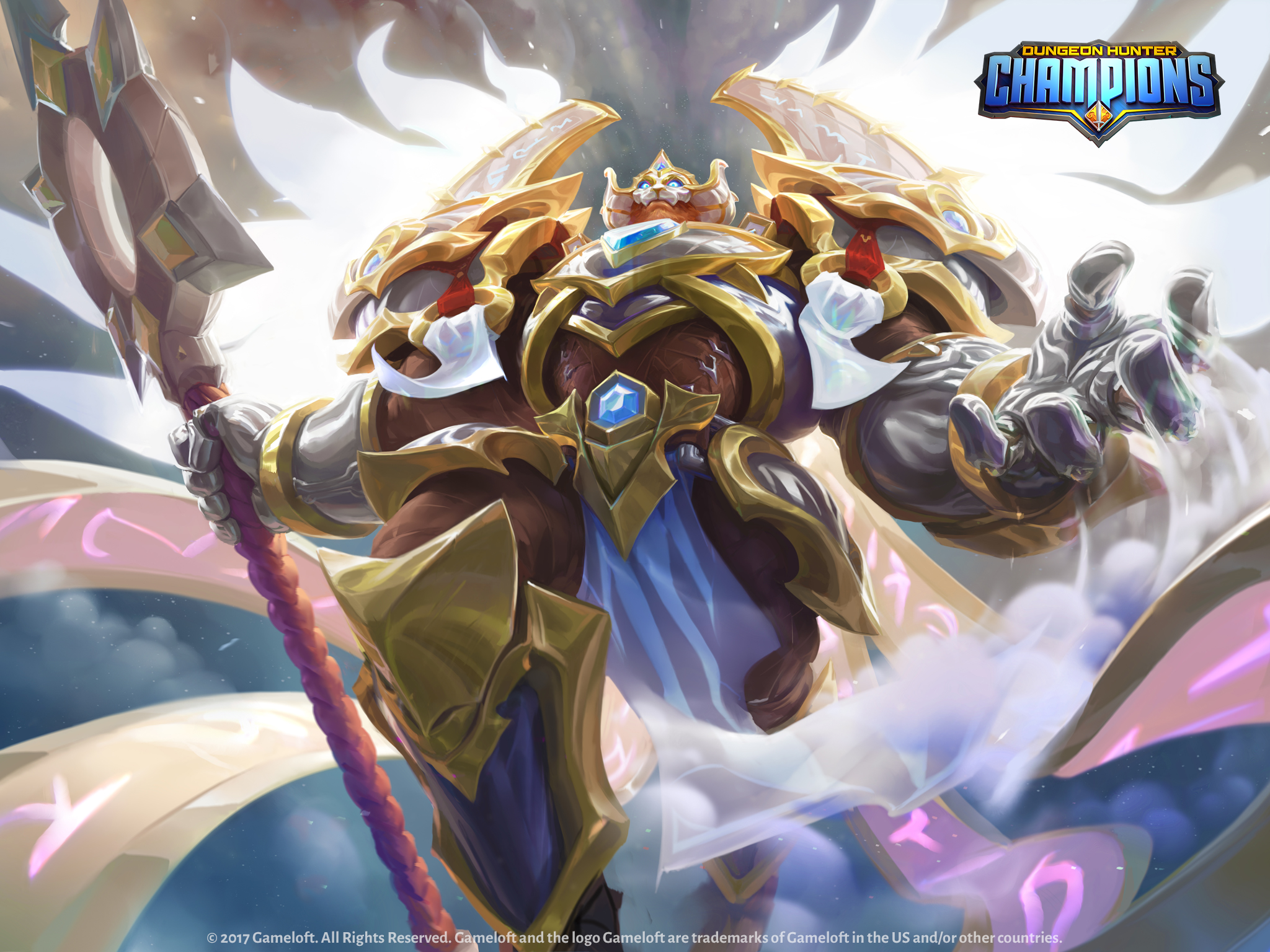
With this, they had all the raw materials, but it was about putting it into context. We had to make it playable and to make it fun, but it had to have this meta story that actually linked things together. I think mobile games get a lot of bad press because they’re like the snack food of the video games industry as they’re meant to be a very quick fix of fun, and inconsequential and that they don’t matter. The big games are immersive and you can get lost in for hours and hours and hours, but these are meant to be played on the move. We wondered if there was a way of delivering a bit of that quality and depth of a bigger game into the mobile format, and also to supply – without being overwhelming – a thread of story.that made all those instances of playing a level at a time accumulate in your mind so you would have a sense of actual progression. It’s got all that immediate fun you’d expect, but perhaps more longevity.”
It was something I didn’t realise at first, but Dan actually worked on the Shadow of Mordor games. I had to ask him some more about this as if any of you know, Shadow of War was my game of 2017, and I argued strongly to get it featured in God is a Geek’s GOTY podcast. “I created the orc characters and gave them personalities, which is very similar to this whereas you take the basic concepts and providing different inspirations for characters that are contrasting and different when you encounter them.” We moved on to how the process was different from writing comic books and novels to video games.
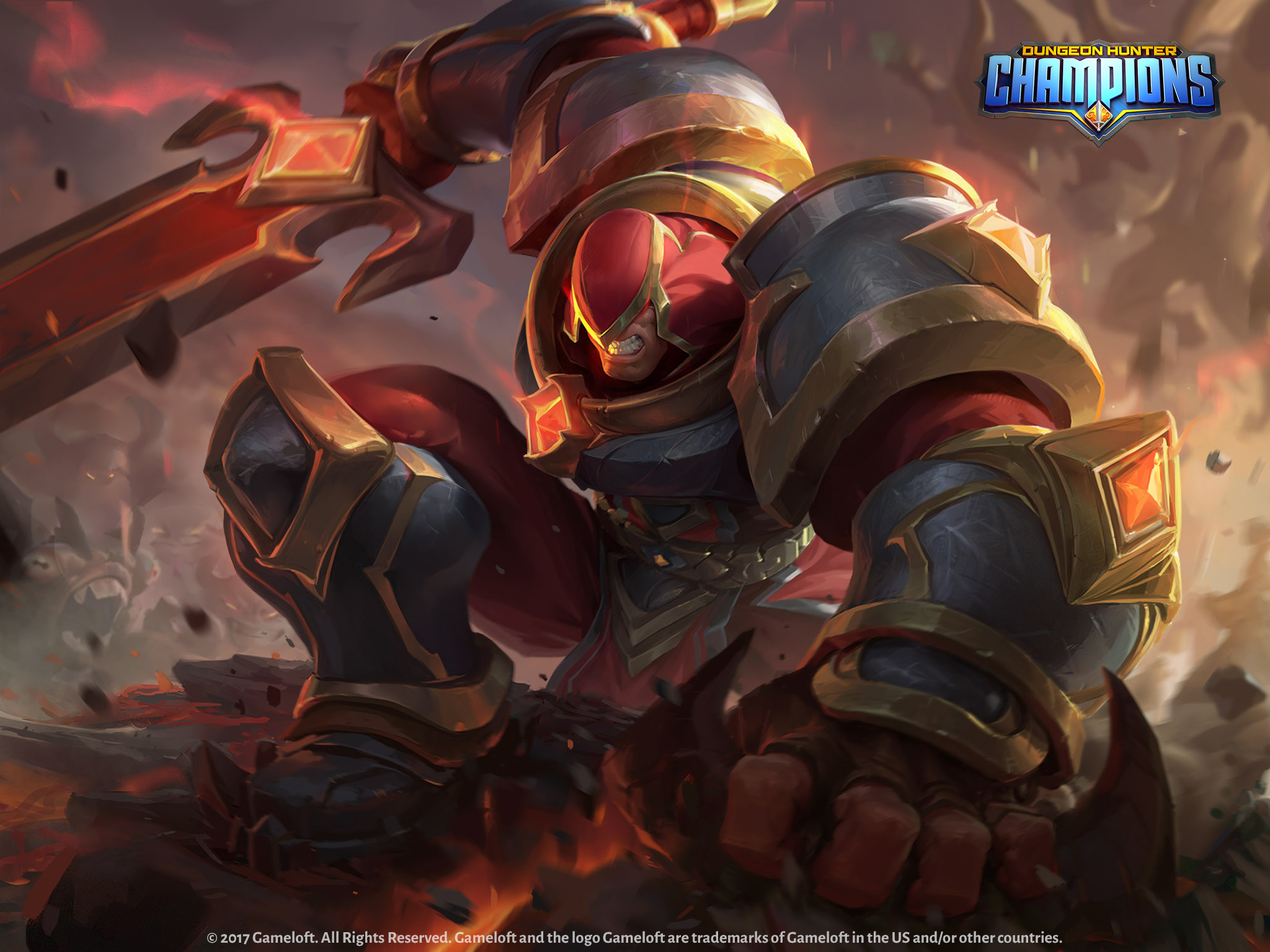
“There are fundamental differences when writing a game or a comic, or a novel which is what I spend a lot of my time doing. They are all about delivery and story, and in a novel or comic that story is set, and there’s no way for the reader to divert the story because it’s just a linear thing. Whereas games have the player participation, and the story has to be adaptable and organic for the player to respond to that. Games do that by being incredibly structured and really guiding you by giving you the illusion your making choices. Some of them go the completely opposite way by being open world sandbox – do anything and explore, and the story will just happen randomly.
This walks a line somewhere between the two. There are things to explore, but you are being moved forward in a relatively controlled way. One of the big differences is that, almost everything I write in a comic, and certainly everything I write in a novel goes completely to the reader. There’s probably about 4 times as much writing I’ve done in this game that is invisible because it was worldbuilding to inform the game dev, and that to me is one of the most interesting processes. In fact, one of the reasons I really enjoy working in games is collaboration. Not just with the team on a comic which is great fun, and a huge change from sitting in a dark room, but actually working with potentially 100 people worldwide in different offices and having that back and forth collaborative brainstorming. I think that’s one of the things that’s kept me doing this, working in a large group creating something that’s hugely significant and substantial.”
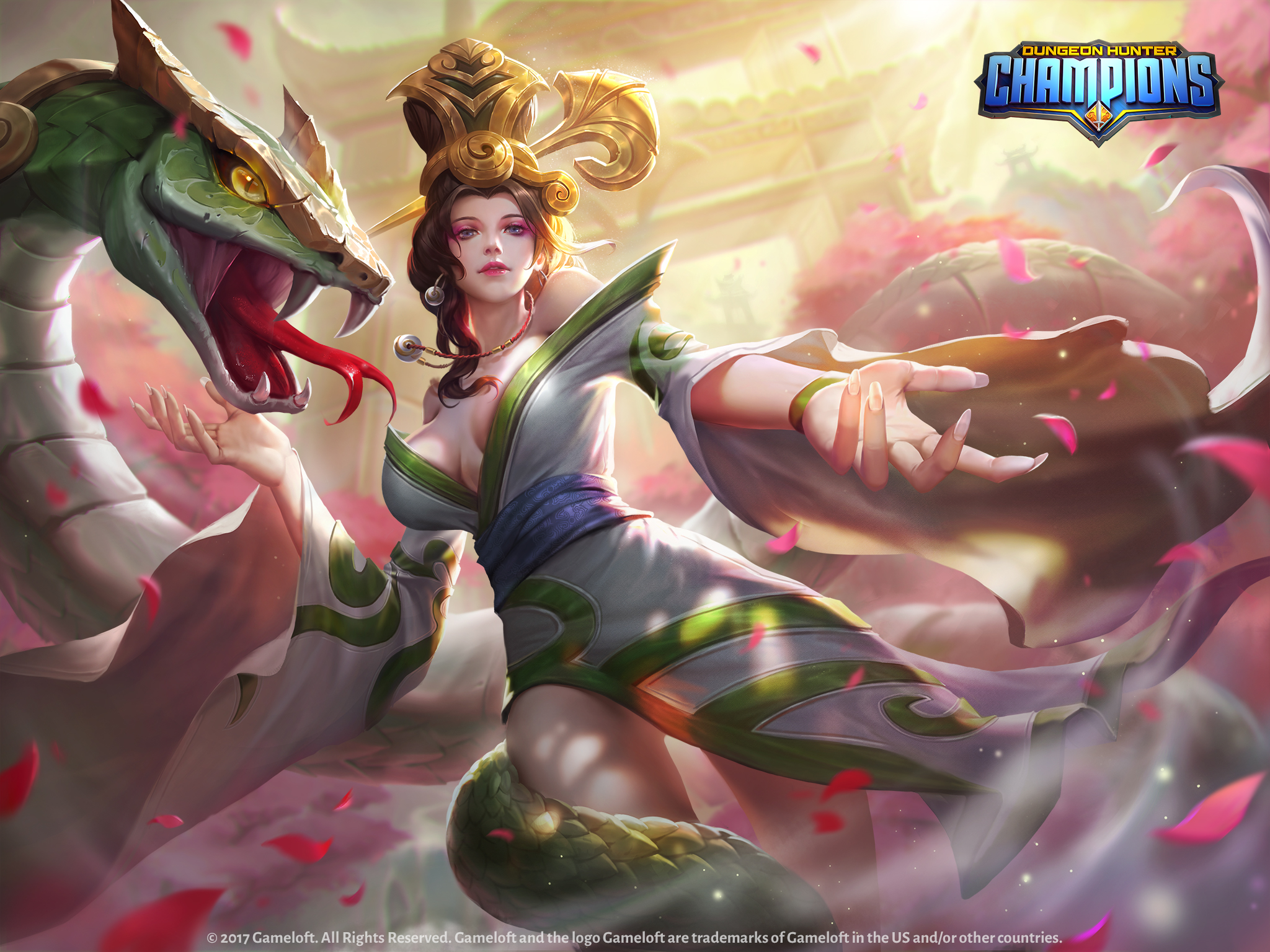
Having such an extensive back catalogue of work across so many formats, it was interesting to know one of them held more weight than the others. “I love writing novels more than anything, and I’ve been fairly successful at that. There’s is something particularly delicious about writing something that essentially barring the proof-reader and editor is delivered directly into the reader’s brain; it’s the closest connection you have to readers. I guess maybe it plays to my fantasy of sitting there with the eyeshade on and my typewriter and just going for it. I still write novels and I’ll continue to write novels – I’m literally writing one right now, but I would have thought if that was true I would’ve long since moved on from comics because writing novels delivers a great sense of satisfaction, but that’s not true. I absolutely adore writing comics – it’s like a habit I can’t quit.
I think that parralell of writing a novel in the morning and comics in the afternoon is one of the things that’s made me so prolific, and has kept my creativity flowing because I’m never in one place or fictional setting for that long. Moving around keeps you very fresh, and including games as the third thing make the differences such a delicious contrast to the things I do. Last year there was a comic that came along where I didn’t have any gaming work, and I kind of missed it. It’s a thing that doesn’t suit many writers, but when you’ve been doing it for almost 30 years that having slightly too much to do, and having lots of different things to do produces better work from me.”
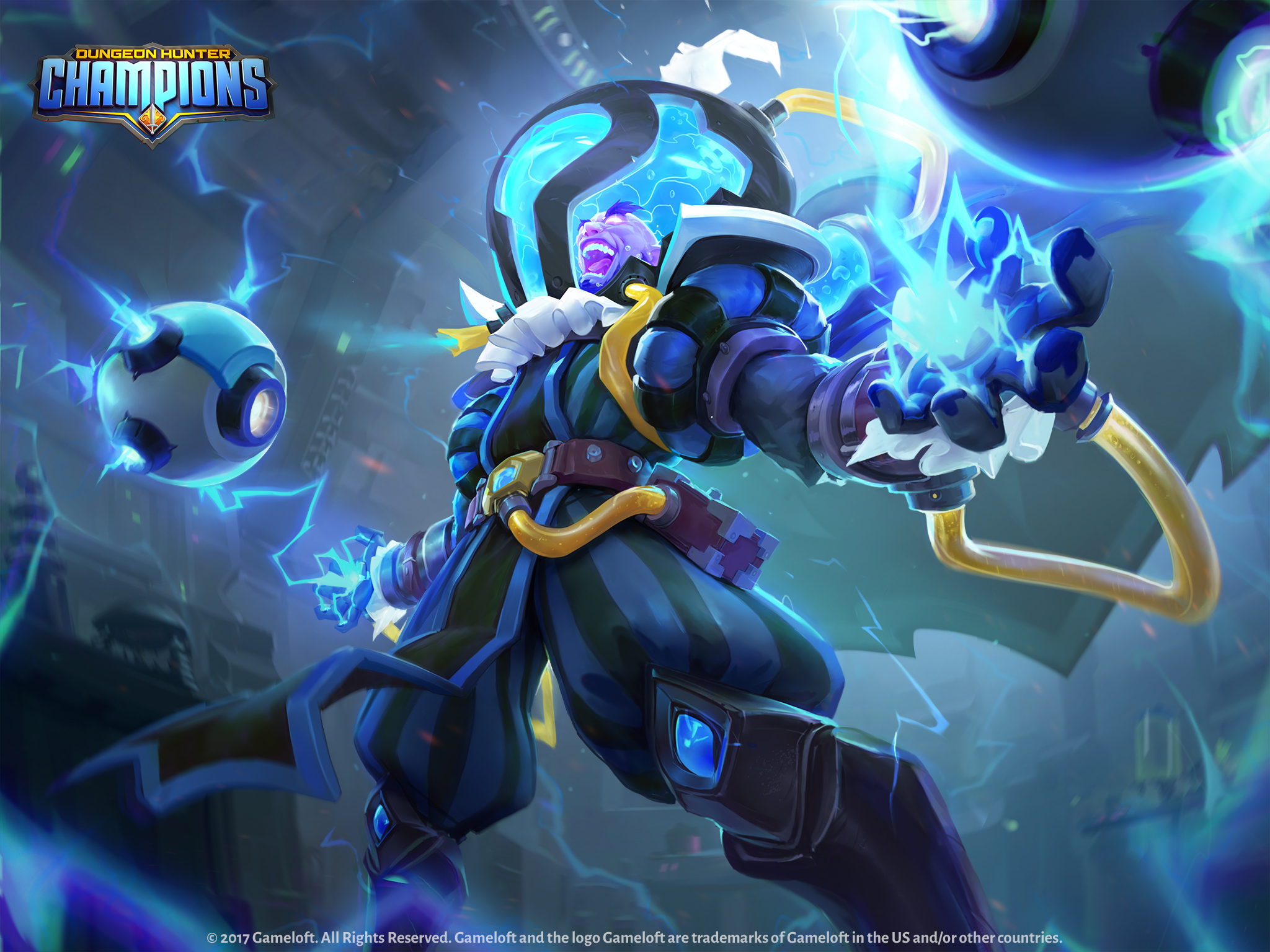
It’s worth mentioning that if you’re an aspiring writer, or are currently writing something of your own, Dan gave some fantastic advice that I’ll definitely take on board, and so should you. “I often find that if I’m stuck on a particular project and I cannot think of the crucial plot point that I need for Titans or Lawless, I find that switching to something else, it will literally leap into my head. Two weeks ago I was stuck on a plot point for Aquaman and I couldn’t make it work. I spent most of the morning trying to make it work, and I said – actually, I won’t say what I said because it’s rude – but I just sat down in the afternoon and worked on the next chapter of my Warhammer novel I’m writing.
I was about 500 word in, and I suddenly went, “that’s how you solve the problem.” I don’t know where it came from, but I turned my creative attention to something else that powered my brain to go “this is what you need!” I wrote down the things I thought of then finished the chapter I was working on, and all the bits in Aquaman fell into place. If you know that’s likely to happen, use that. Rather than getting bored, or suffering writer’s block, just go away and do something else.”
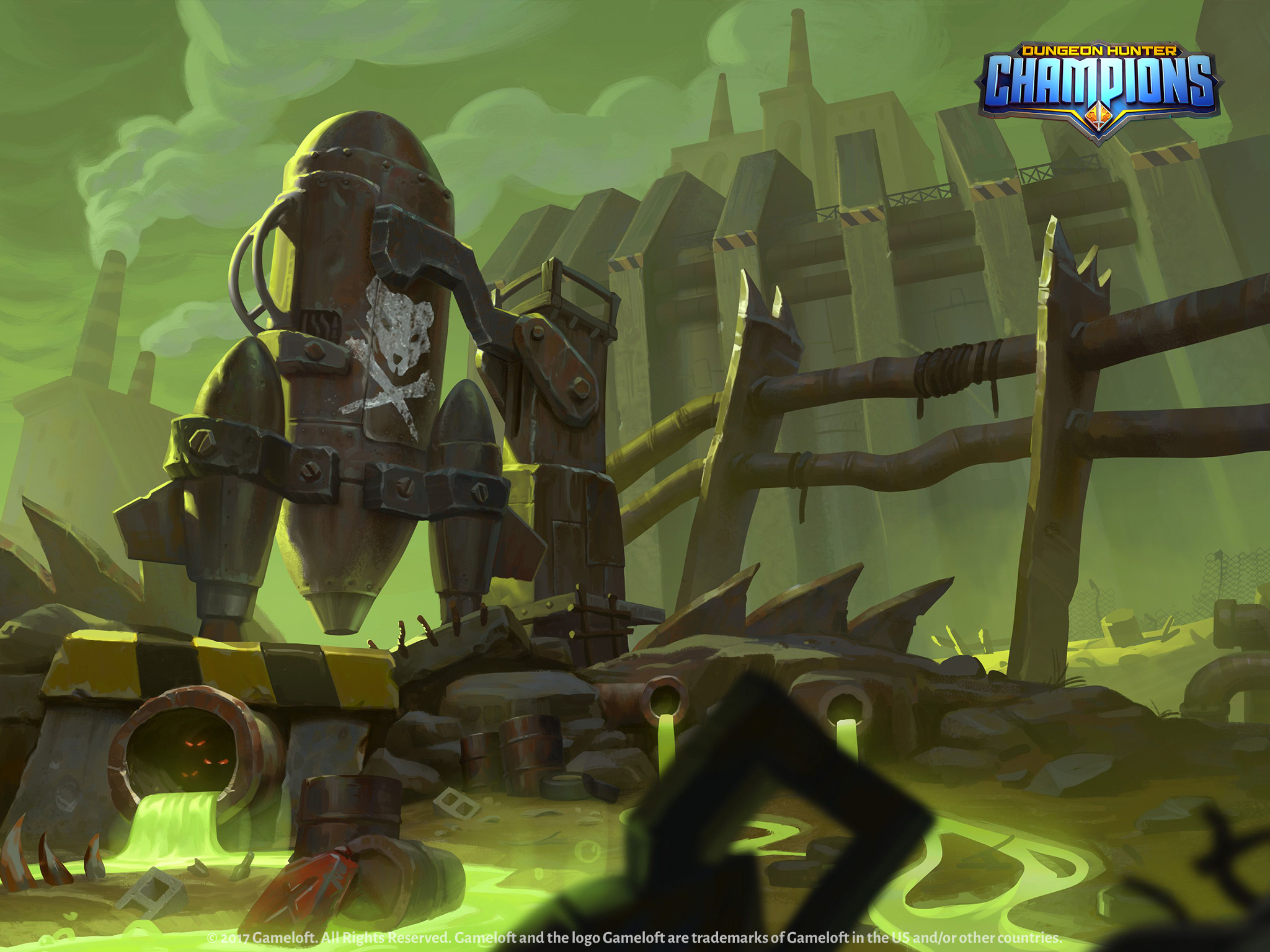
Working on so many projects, it was interesting to learn about some of the things Dan would like to do, and what he enjoys doing after his momentous tenure in the business. Was there anything he’d like to do that he hadn’t? “Yes, and oddly enough, I can’t talk about it, but I’m actually working on a number of screenplays for television shows. It’s not that great big ambition moving forms or genres, but when that opportunity arises it’s great fun to do that, and to try your hand at something you’ve not done before. I still always get the thrill of being asked to work on a comic I haven’t done before, or working on something I’ve done before like Sinister Dexter or Brink. I think because it’s been the most recent thing that I’ve done, games have been completely outside the things I’ve done before, and something I never thought I’d do, like the Alien franchise, or like Lord of the Rings and Dungeon Hunter.”
Obviously, Guardians of the Galaxy is easily one of the best MCU films of all time, and the story and its themes and tone were directly linked to Dan’s 2008 reboot of the GotG comic. Before he went, I couldn’t help but talk to him about it, and what his thoughts on the films was. “I absolutely can’t pretend it isn’t a huge thrill. I was flabbergasted when I was told by Marvel however many years ago it was, that Guardians was going to be the next movie. I couldn’t believe they’d chosen that; of all the things you could pick, it’s this book! James Gunn got into contact with me and I visited the set, and I read the script. He made it very clear to me that it was my version they were turning into a film, and I think they did an extraordinarily good job. It was tremendously entertaining and added a completely different aspect to the Marvel franchise. Just this weekend I saw Infinity War and I absolutely loved it. I mean, I worship Jim Starlin’s work, so a Thanos movie – thank you very much! To see that, and to see things like Knowhere come up and know I invented that, or I added that.
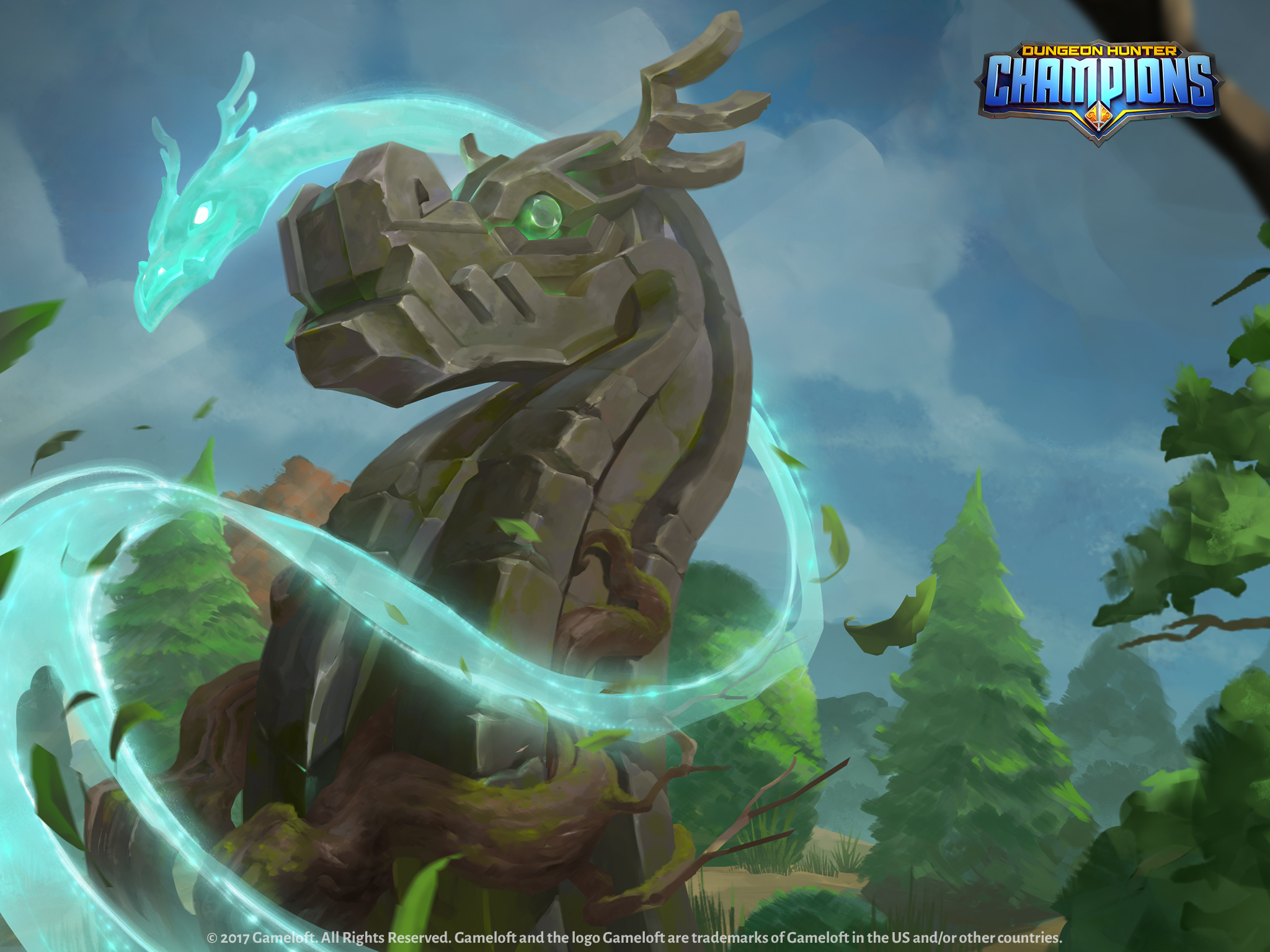
If I can cheekily go back to Dungeon Hunter: Champions, watching a comic book story being translated for the big screen and seeing what bits work and what bits need to be altered, informs enormously how you deal with a story that’s going to be a very different format like a game. This Dungeon Hunter: Champions game has a lot of blending of genres going in. There’s fantasy like it’s always been, but there’s science fiction, steampunk, and hard cosmic, but we went for it enthusiastically to make that contrast a meaningful part of the story. A lot of people worry about genre building, but I didn’t bat an eye as I’m used to doing it in comics. Weirdly, when I was sitting in a cinema on a Sunday afternoon watching Infinity War, this game came to mind because it’s sort of what they’re doing here. They’ve taken the time to build up the Marvel Universe, and now they’re finally delivering a movie where, essentially almost all of their movie elements, even the ones that don’t immediately appear to fit are fitting together.”
At this point, I was completely mesmerised by what Dan was saying, mainly because I love the MCU, and a lot of the work Dan has done. We finished on quite a profound realisation, and one that rings true when developing the craft of writing. “The joy of the film is a combination of these characters that haven’t met and are working together, fighting together, and bickering together. Oh my God, it’s Star-Lord and Iron Man, all those combinations and that works, that is the absolute bread and butter of a universe like Marvel’s or DC’s cross over events. I’ve worked on a lot of those and those are exactly the skills I was transferring into this game. You can develop craft working on one thing and actually, you’ll find maybe even years later they’ll have a remarkable application for something that is apparently completely different.”




